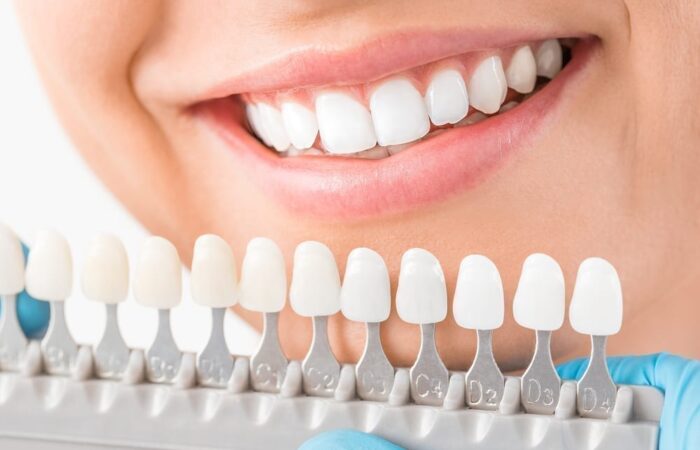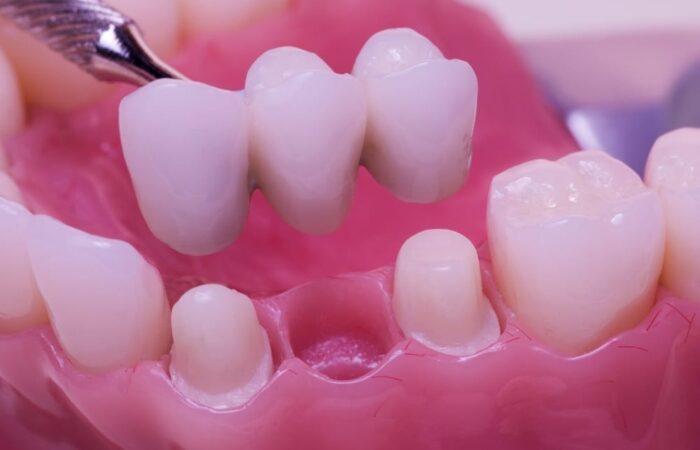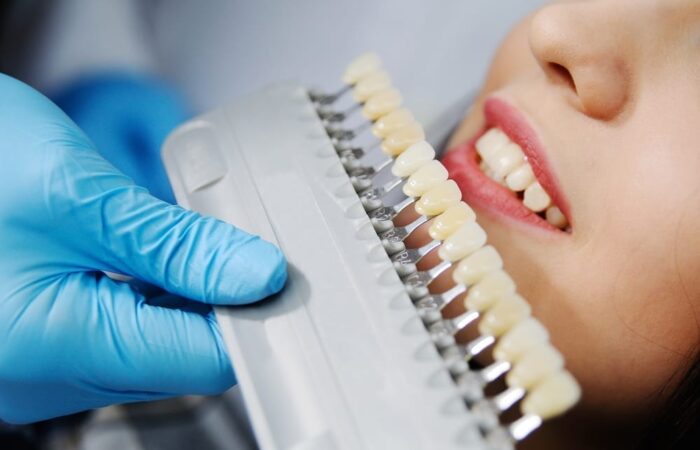Is a Vegetarian/Vegan Diet Better for My Teeth?
Vegetarian and vegan diets are not only good for the planet, but they’re generally good for our health. Because of the loaded nutrients in a plant based diet, vegetarians and vegans are more likely to have a lowered risk of heart disease, obesity and diabetes. However, how does being a vegetarian/vegan affect our dental health?
Calcium
If you may recall, one of the things they teach you in school is that drinking milk makes our bones big and strong. Dairy products such as milk, cheese and yoghurt have a high amount of calcium, which is necessary for building and maintaining bone mass, including your jaw. This guarantees that your teeth stay in place, as well as maintaining healthy gums. If you’re a vegan, you may be wondering how to get your calcium intake if you don’t eat any dairy products. However, what some people don’t know is that plenty of plants have a high source of calcium as well. Fruits, greens and almonds will be able to supply you with enough calcium to keep your teeth strong.
Vitamin D
Calcium is important for teeth and gum maintenance. However, in order to absorb calcium, you need some vitamin D, which is also good for fighting off bacteria and strengthening tooth enamel. Naturally, the best source of vitamin D is from the sun, and if we spent all day outdoors then it wouldn’t be a problem. Unfortunately, as humans we are not built to spend every living moment outside. Most people get their vitamin D intake through meat and dairy, which can be an issue for vegetarians and vegans. There are some vegan alternatives for vitamin D. Mushrooms are the only plant that has a source of vitamin D, while soy milk is a suitable dairy alternative. You may also try taking supplements to increase your Vitamin D intake.
Dental Erosion
Because of the high amount of natural sugars in fruit, the high risk of cavities for vegetarians/vegans has been debated. While there is no clear answer for cavities, experts can agree that there is a greater risk of dental erosion. The high volumes of citric acidic found in certain fruits can break down tooth enamel and lead to staining and decay.
How to Maintain Good Oral Health on a Vegetarian/Vegan Diet
Just because there’s added challenges when it comes to maintaining oral health on a vegetarian/vegan diet doesn’t make it impossible. With a well-balanced diet and constant dental care, you shouldn’t be any different to those who eat meat and dairy. Doing your research into your diet can help you eat more foods that improve dental quality. Avoid eating too many foods that are high in acid and sugar, as sugary foods will lead to cavities, plaque and tooth decay. Some foods may have hidden sugars, so check the labels so you know what nutrients you’re getting.
You also should upkeep your dental care, especially with the added risks. Brush at least two times a day for two minutes, and floss at least once a day to get rid of food particles. Vegetarians/vegans should also rinse, which is very important to get rid of the acids that come from fruits. Make sure to also have regular dental appointments so your dentists can give you proper care if a problem arises.
Contact Titirangi Dental
At Titirangi Dental, our expert team can help you maintain good oral health on a vegetarian/vegan diet. With our comprehensive dental plans, you will have nothing to fear when it comes to your teeth. Contact our office in West Auckland today to make an appointment. Call 09 817 6057, or make a booking online.




